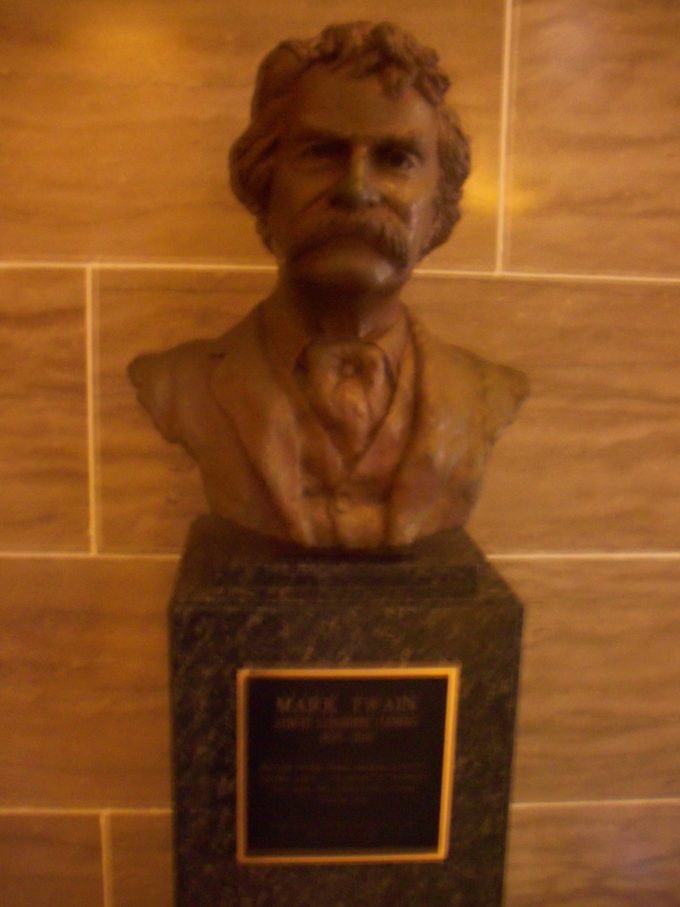
Tuesday, 19 December 2017
…but if I am delayed, I write so that you may know how you ought to conduct yourself in the house of God, which is the church of the living God, the pillar and ground of the truth… 1 Timothy 3:15
Paul had just written that he hoped to come to Ephesus shortly, but now he notes this may not be the case. The word translated as “delayed” is found only here and in 1 Peter 3:9 when speaking of the supposed slowness of the Lord’s return. Paul may not actually make it in a timely manner, and what if he never made it back? The words are a necessary instruction for Timothy (and for all of the church throughout this dispensation), as he says, “so that you may know how you ought to conduct yourself.”
Though this is written in the singular, it is speaking to all men and women. He has given instructions to all, concerning right and proper order within the church. He has also given instructions for the selection of leaders over the church. His words are for that proper conduct for Timothy, for the church at Ephesus, and for all churches at all times. The words are for conduct “in the house of God.”
This term, “house of God,” is derived from Old Testament symbolism. The house of God was the tabernacle/temple which was among the people of Israel, and it was also a term used of the people of Israel. Paul now transfers this to the church and to the people within the church. More importantly, his letters are directed to Gentiles and Gentile locations. Thus, the church is something unique and entirely different than that of the Old Testament’s definition. It is a spiritual entity which is comprised of any and all who have professed faith in the completed work of Christ Jesus. This is explicitly stated in the words, “which is the church of the living God.”
There is probably quite a bit on Paul’s mind when writing these words. The word translated as “church” is ecclesia. It is a called out assembly. However, it is rightly translated as “church” here because he has just called it “the house of God.” It is the people who form the church, and who are, according to Ephesians 2:21, a “building, being fitted together” into “a holy temple in the Lord.” This is a church in which God Himself, the living God, will dwell in and among His people. He is set in contrast to the false god of Ephesus, Diana (aka Artemis), which is described in some detail in Acts 16. Further, He is set in contrast to any false god of any location. Only He is the living God. This church of the living God, is then called by Paul, “the pillar and ground of the truth.”
Some scholars say that this term is to be applied to the truth which will next be stated by Paul, and not to the church itself. This is not correct. The church is the pillar of the truth, and the purpose of a pillar is to support. Pillars throughout history have borne inscriptions. The church bears the inscription of TRUTH which it maintains and supports. As long as a church within the church proclaims the truth of God’s word, it is such a pillar. And the true church as a whole is the pillar of truth. Further, a pillar is a two-way structure. It stands on a base, and it is a base for continued support. Thus, the pillar that stands on Christ (John 14:6 – I am the way, the truth, and the life) is founded on the truth, and it then supports the house which sits upon it. The truth to the world is the church which proclaims Christ; and without that church, there can be no truth of God.
Life application: The importance of Paul’s letter to Timothy, and adhering to what is stated by him concerning proper functioning of the church, is not to be understated. When a church veers off of the words of Paul, which outline the structure and requirements of the church, it is no longer a sound pillar of the truth. How important it is then to be obedient to what is written by him here!
Lord God, Your word places a very heavy emphasis on the church and its proper functioning. Without a church based on Jesus Christ, there is no truth to be expressed concerning who You are and what You expect. And when a church does not adhere to what You have outlined in Your word, then the world will see a church which is not reflective of Your truth. Much is tied up in how our church is based, and in how it is conducted. And so help us to be obedient to Your word and the truth of Christ which is found in it. Amen.




